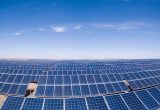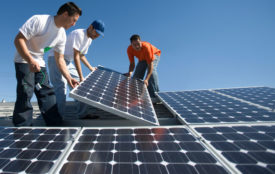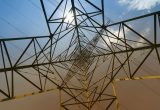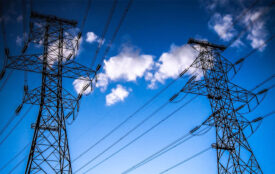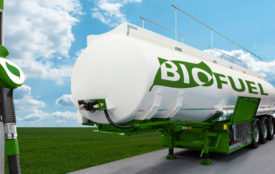In Bangladesh the solar home system market has grown at an astounding 60% compound
Access to finance is the largest near term barrier to ending energy poverty for hundreds of millions around the world – and foundation capital may be critical to overcoming it.
With conspicuously little fanfare Swiss fund manager Responsability, which manages $2.5 billion in assets, unveiled a milestone for clean energy access markets – the first dedicated debt fund totaling $30 million. The fund aims to solve one of the largest financial barriers facing this market, working capital needs, with loans ranging from $500,000 to $3 million for short tenors (9-24 months) at market returns (8-10%). That money means companies can finally begin to scale their solar offerings and make serious headway in ending energy poverty with clean energy.
Responsibility and its partner investors including the IFC, and the Shell Foundation pulled the trigger on this fund in part because they see tremendous economic opportunity. In sub-Saharan Africa for example the market for solar portable lights alone has grown by 90% annually for the last four years. In Bangladesh the solar home system market has grown at an astounding 60% compound annual growth rate for the last decade reaching 3 million systems. And in India Prime Minister Modi has pledged ‘solar for all’ 400 million living beyond the reach of the grid. All of which amounts to a solar revolution in dire need of capital to fund growth.
That’s because despite this rapid growth, market penetration in key geographies is still only 3-4% meaning there’s enormous economic opportunity yet untapped. Innovations in business models, coupled with declines in the cost of components like solar panels (and rising kerosene prices) are opening new opportunities for companies to deliver on that promise with offer affordable, high-quality products that can serve the needs of over 2 billion people worldwide who lack access to reliable, affordable, and clean energy. The best part is that these products don’t require new disposable income because households already spend around $50 to $150 annually on dirty and dangerous energy like kerosene. Simply diverting that expenditure to clean energy reduces health impacts, and improves environmental outcomes at the same time

